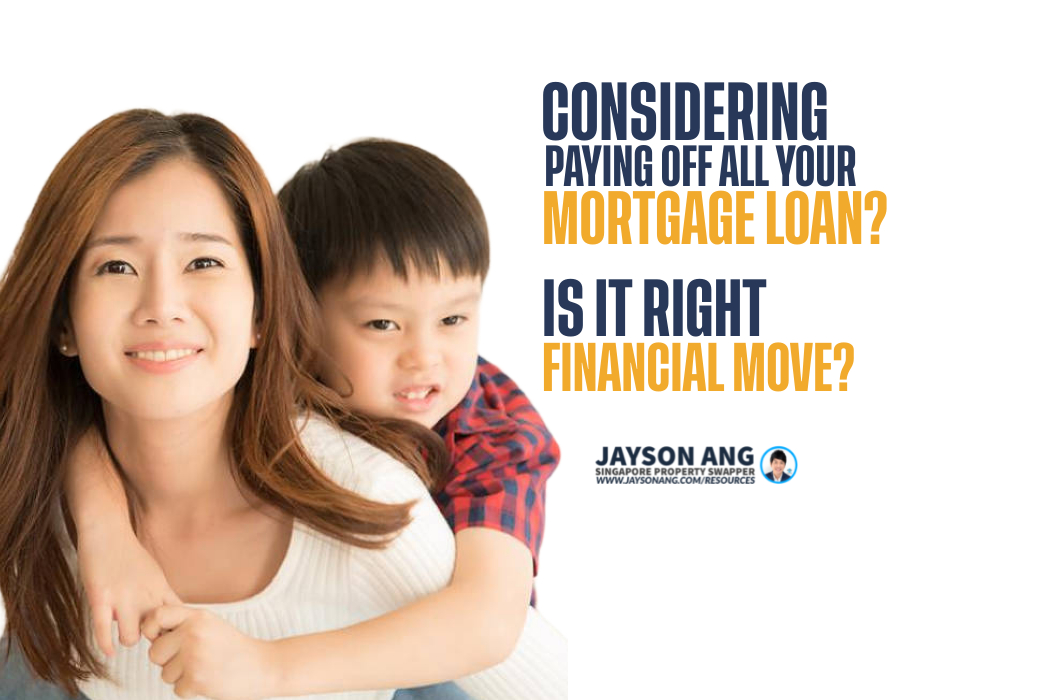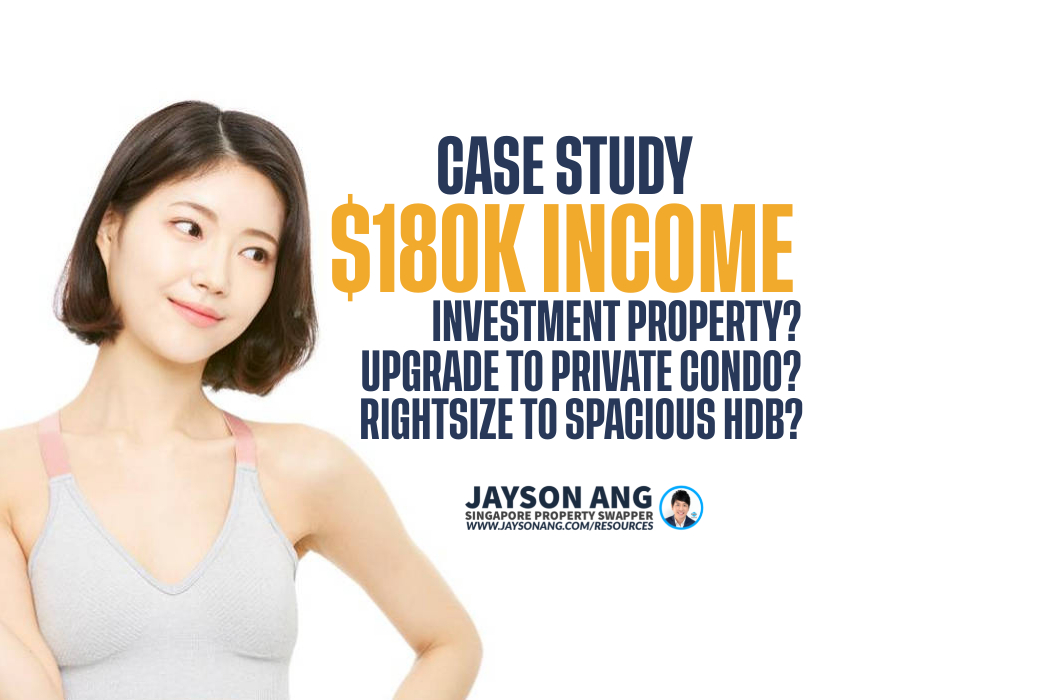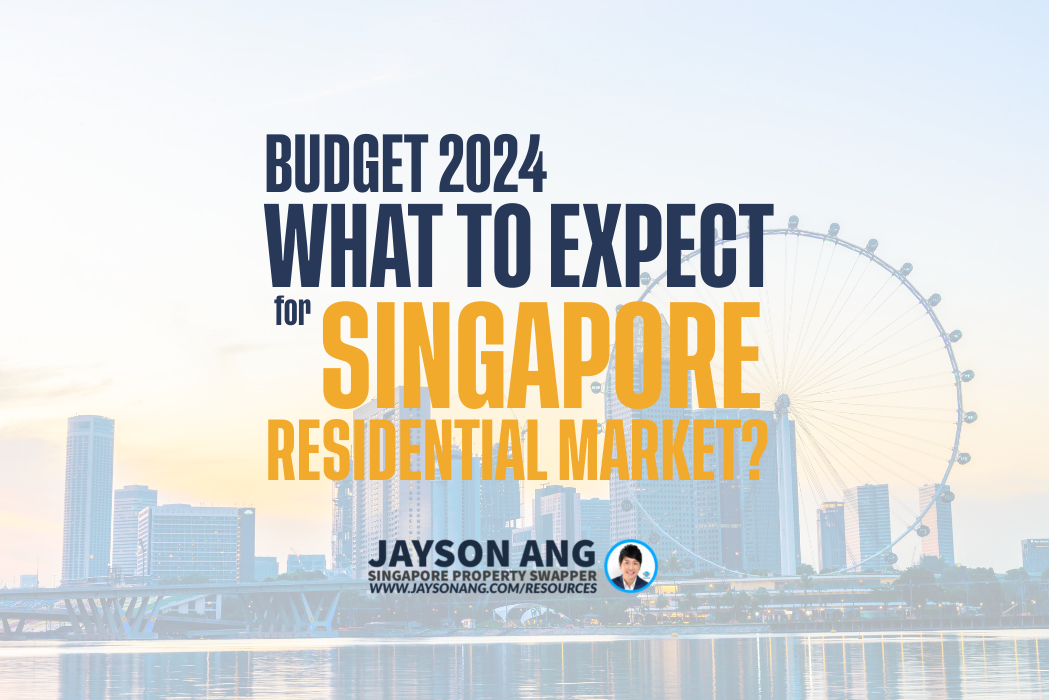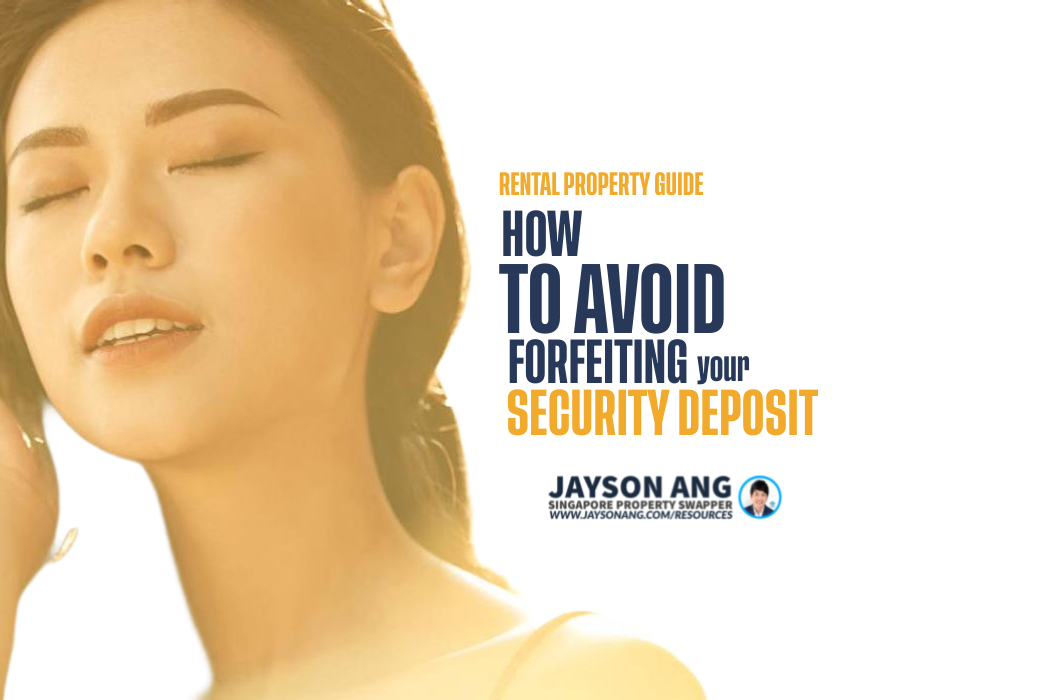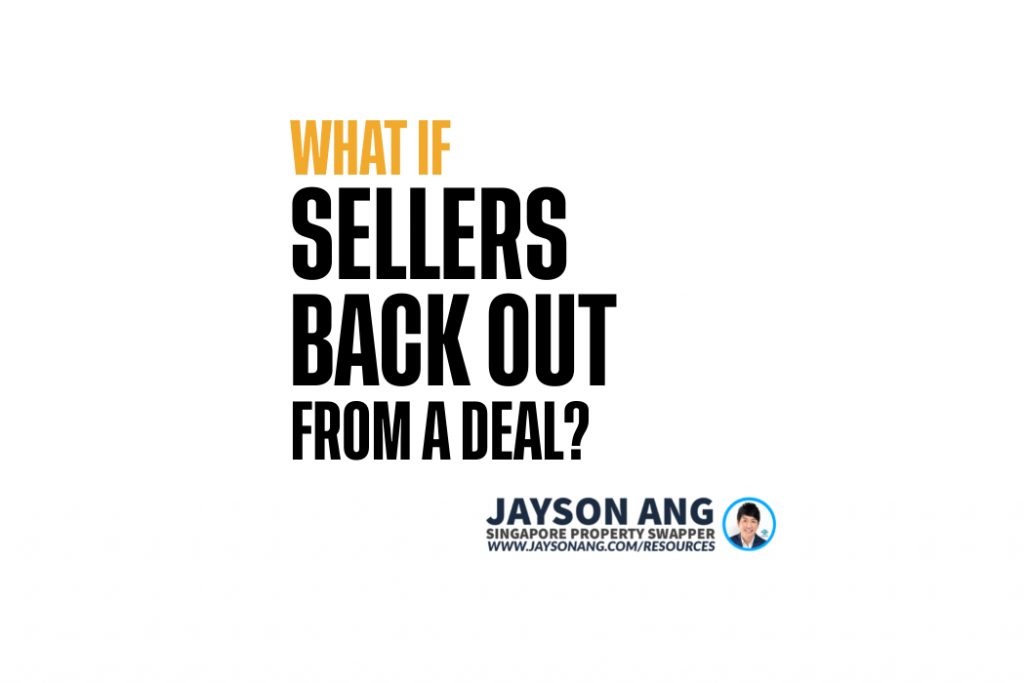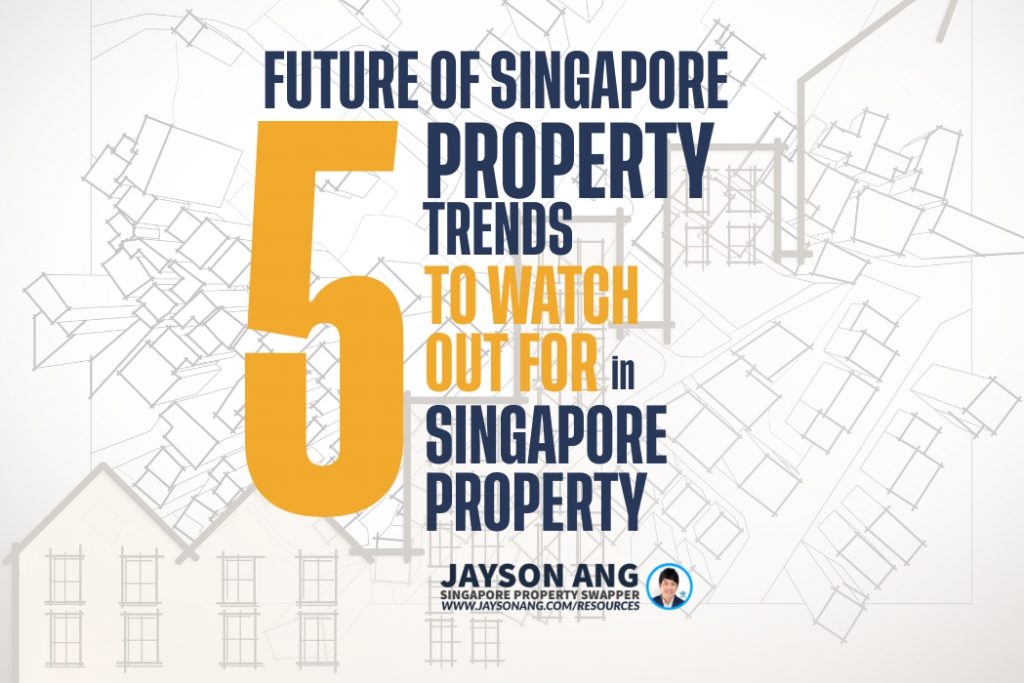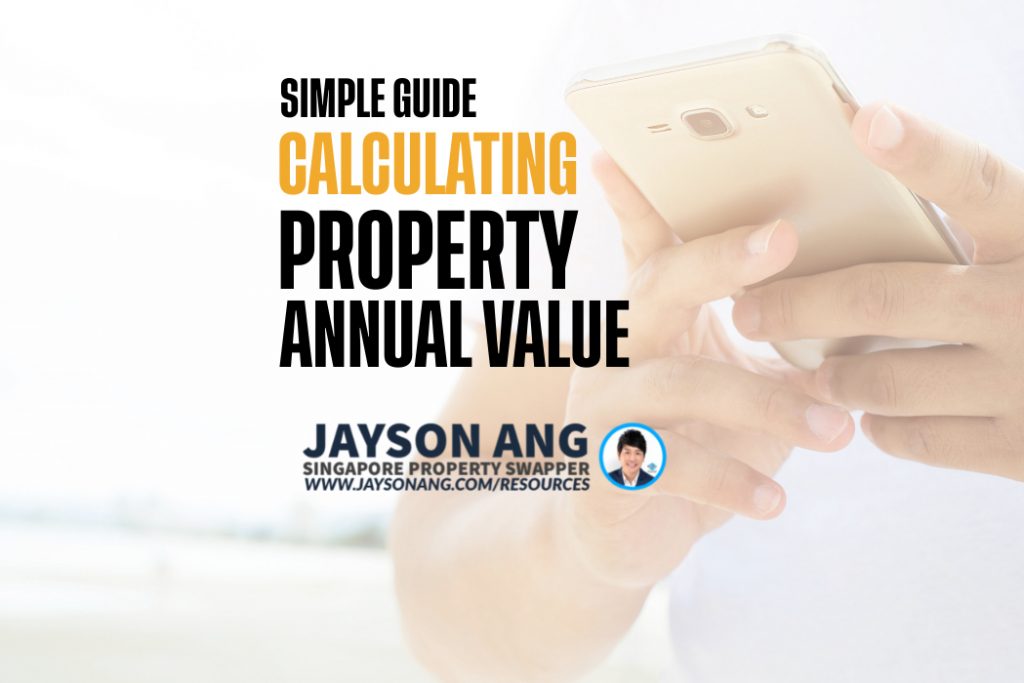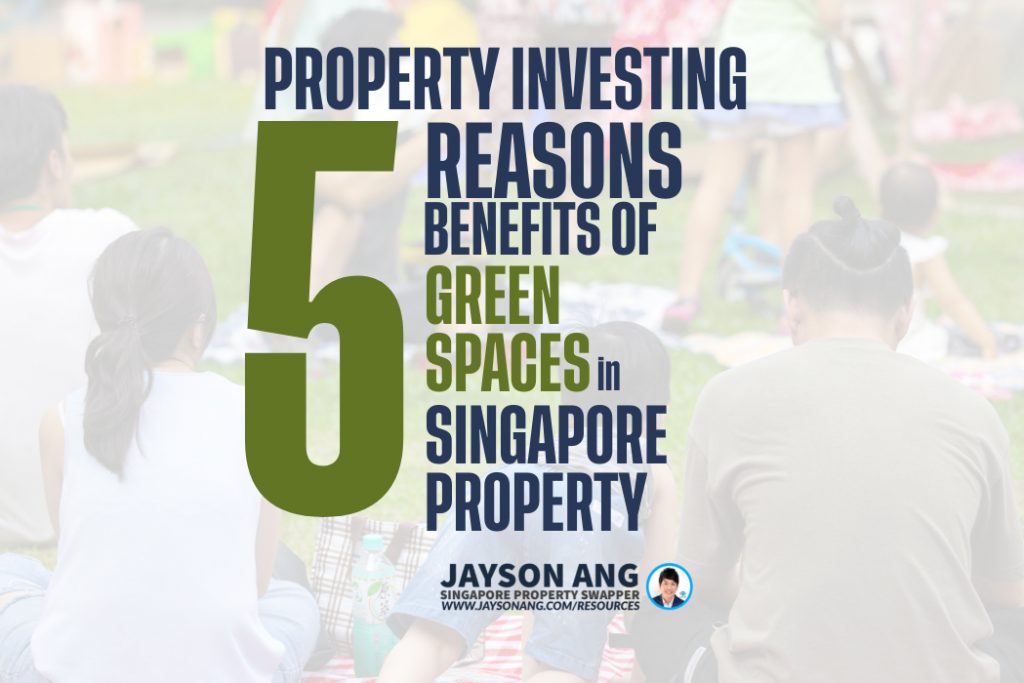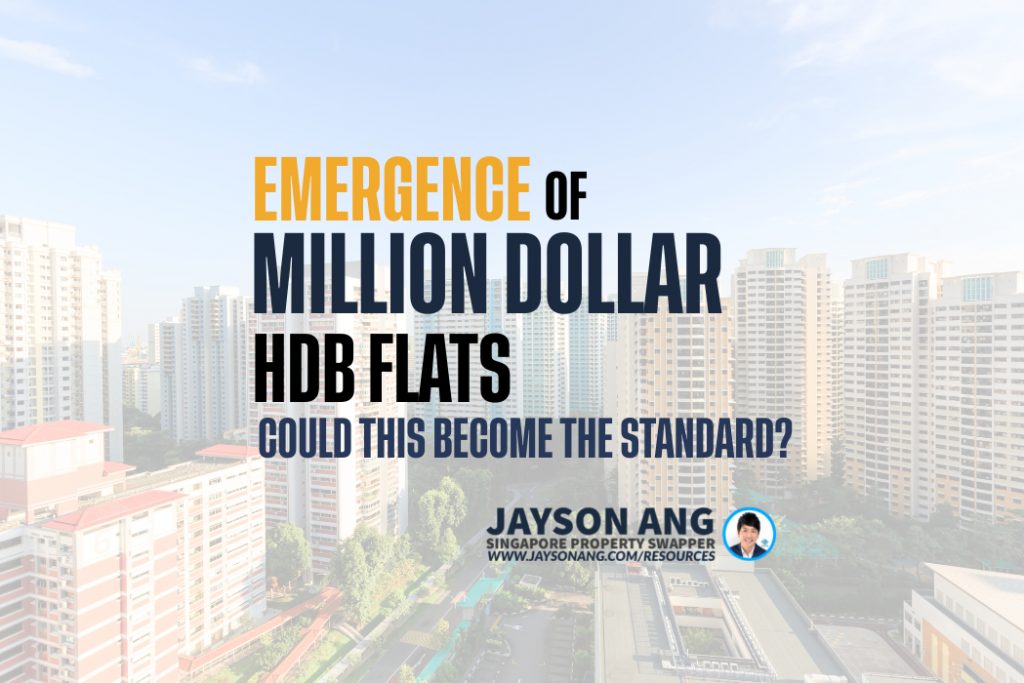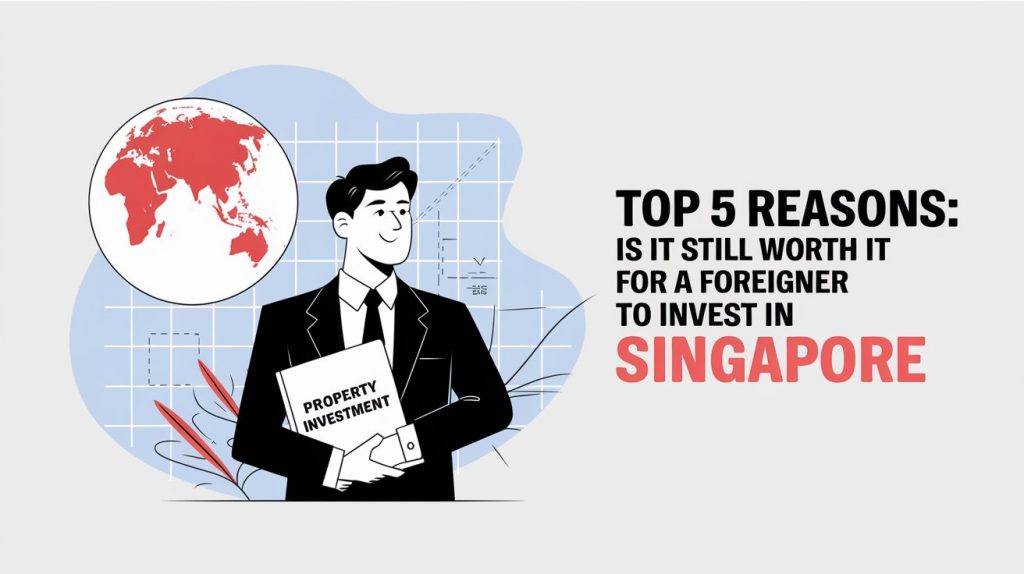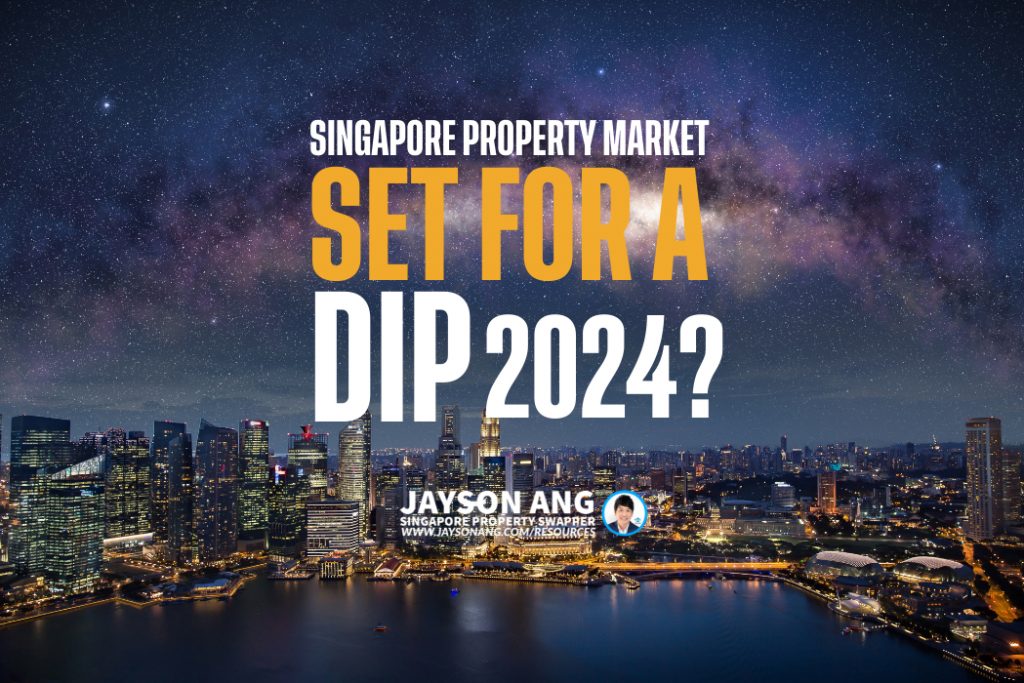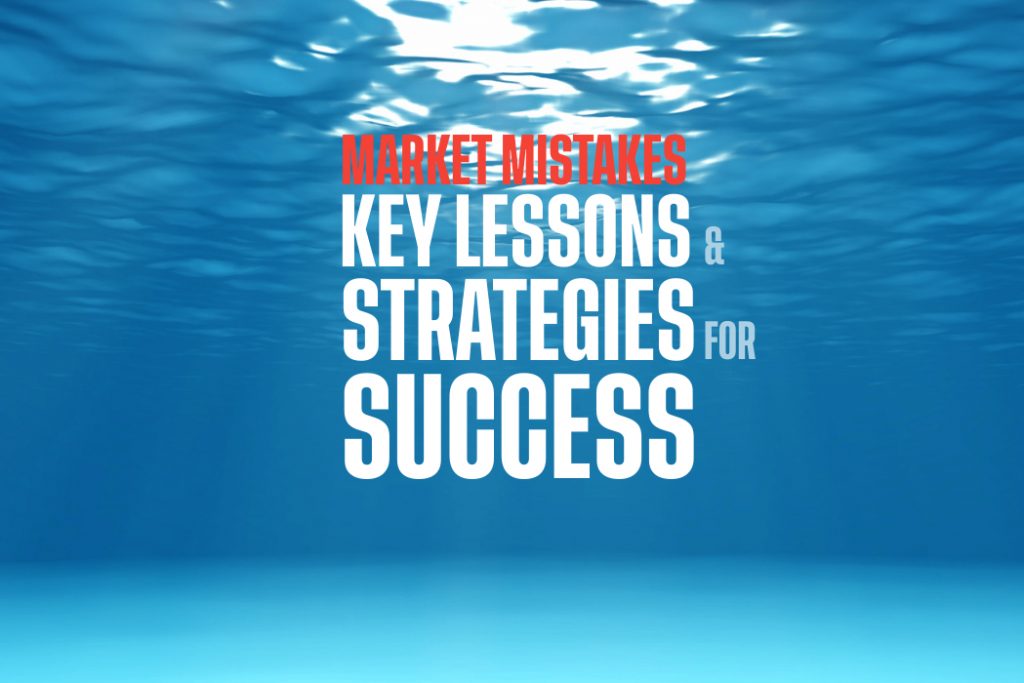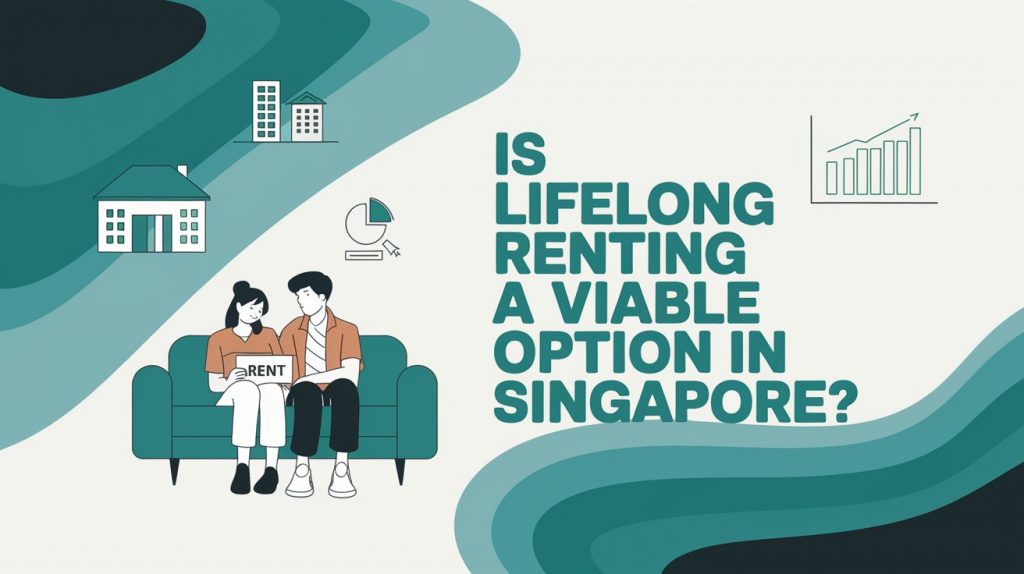TLDR
When considering mortgage options in Singapore, it’s essential to understand the differences between HDB loans and bank loans. HDB loans offer a lower down payment and fixed interest rates, while bank loans provide more flexibility but come with variable interest rates. Deciding between a fixed monthly payment or variable mortgage depends on your preference for consistency or market fluctuations. Paying off your mortgage early can have financial benefits, but it’s crucial to weigh the costs against potential investment opportunities. Ultimately, choosing the right mortgage strategy involves evaluating personal preferences and risk tolerances.
For many Singaporeans, owning a property is a dream come true – a milestone in the journey of wealth-building, creating a place they can call home.
Most Singaporeans opt to finance their properties through banks rather than paying full cash outright, as it enables them to own their homes quicker. There are various benefits to be had from getting a mortgage, such as leverage and being able to gain ownership of a property sooner than if they had to save up the full amount.
This article will provide a comprehensive review of the various mortgage options available to prospective property buyers in Singapore. We will then weigh the pros and cons of paying off your mortgage loan before the predetermined schedule.
Bank Loans vs HDB Loans
If you’re buying an HDB property, then an HDB loan could be the perfect option for you. Not only do these loans require only a 15% down payment, they also feature a low interest rate of 2.6%, and come with the added assurance of not having to worry about rate fluctuations.
Getting a Bank Loan
Just remember that HDB Concessionary Loans are less stringent than other bank loans out there. Generally, you can get up to 75% of your loan amount approved through a bank loan provided you satisfy the bank’s lending criteria. The interest rates for a bank loan typically range from 1-3% depending on the lender and borrower.
HDB Loan vs Bank Loan
Fixed Monthly Payment or Variable Mortgages
If you’re considering taking on a mortgage for your property, it’s important to decide whether you’d prefer a fixed rate mortgage, where your payment will stay the same for the life of the loan, or an adjustable rate mortgage, where the payment can change over time.
A fixed rate mortgage offers peace of mind, allowing you to plan your budget with confidence – the same amount goes out each month, no matter what the economic climate brings. For those who crave consistency and a dependable monthly mortgage payment, a fixed rate mortgage is the perfect product!
Variable Rate Mortgages
If you’re looking for a mortgage rate that fluctuates with the changing market, a variable or floating rate mortgage is your best option. These mortgages are “pegged” to the country’s economic performance, and their interest rate is based on government-set rates such as the Singapore Overnight Rate Average (SORA) or the Singapore Interbank Offer Rate (SIBOR).
As the Singapore government increases the interest rate, the cost of your mortgage and its monthly payments will rise slightly. Conversely, when the cost of funding is reduced and interest rates drop, your mortgage will also go down slightly.
Which Mortgage is Right For Me?
Finding the perfect mortgage can be a difficult and daunting task. If you want to ensure that your monthly payments remain consistent and you don’t have to worry about fluctuations, a fixed rate mortgage may be your best bet.
It is important to remember, however, that after a predetermined number of years, this fixed rate may change to a floating rate unless the loan is once again refinanced to a fixed rate.
The best way to evaluate your ideal mortgage is to assess your own personal preferences and risk tolerances.
If you’re looking to have your mortgage payments adjust in accordance with changing market conditions, then a variable or floating rate mortgage could be a more suitable choice for you!
Lock-in Period
Be aware that both bank loans and HDB loans come with an initial interest rate that may slightly rise after two to four years. This is often because banks entice customers to purchase mortgages by offering a lower rate in the beginning.
So if you’re looking to buy property and finance it with a mortgage, keep in mind that payments may rise after the lock-in period has ended.
How Much Money Do I Need to Put Down For My Purchase?
One of the most crucial factors to take into account when buying a property is how much capital you’ll need to put down in order to secure a mortgage.
Getting an HDB Concessionary Loan
HDB flats are great options for prospective property purchasers as the government offers increased assistance and flexibility in the form of Concessionary Loans.
These loans offer a maximum Loan-to-Value (LTV) ratio of 85%, depending on the borrower’s eligibility criteria.
This means that when purchasing a $450,000 HDB flat, you can finance up to $382,500 of the cost with the loan and just need to cover the remaining $67,500 with your own CPF savings.
Terms and Conditions for the Mortgage
Remember as you look through your mortgage options to keep in mind that each one comes with its own set of rules and regulations.
Banks and the HDB will consider your credit score, income, and other loans to decide how much Loan-to-Value (LTV) you’re eligible for on your property. If any of these don’t meet their standards, you may need to put down more money for your property.
It’s important to remember that some banks may impose a penalty on their customers if they pay back or refinance their loan before the set lock-in period.
Banks typically offer a lower interest rate during this period, and so if the loan is paid off or refinanced before the rate increases, the bank is then forced to try to recoup the money that they were anticipating to make.
Repaying Your Mortgage
Once you have thoroughly considered your mortgage choices, weighing the down payment amount, the interest rate and other factors, your next important decision is how long the loan should be.
In Singapore, if you’re financing your property with a mortgage, you can usually expect to repay the loan over 30 years – up to your 65th birthday.
While the maximum HDB loan length is 25 years, the actual length of your mortgage may vary depending on your age and the existing lease of the property you’re purchasing.
Should You Take the Plunge and Pay off Your Mortgage Early?
Before deciding whether to pay off their mortgage ahead of schedule, a property owner must carefully consider a few essential factors.
Financially speaking, they should weigh up the cost of paying off the loan early, as well as the potential missed opportunities for investment.
To fully grasp the implications of their choice, every property owner should take the time to do the math.
Calculate Your Numbers
If you take out a 25-year, $300,000 mortgage at 2.6% interest on a $400,000 property, your monthly payment would be $1,361, representing a relatively low 2.6% annual interest rate paid to the bank or HDB.
In comparison, if you chose to invest your money in other stock exchanges or investments, you could earn up to a potential 9% in annual growth. Let’s use this example for our purpose.
If you forgo investing your money into other avenues that have the potential to yield more than the 2.6% rate of your mortgage, then from a financial standpoint, you are not making the most of your capital. Instead of investing and gaining an average of 9%, you are effectively forfeiting 6.4% of your growth opportunities.
The Financial Cost of Paying Your Mortgage Off Too Early
What could you do with an extra $1,361 each month?
You could pay off your mortgage quicker, or you could invest it and watch your savings soar!
Invest $1,361 on a monthly basis into assets that generate returns of 9% a year and in just 10 years, you’d be looking at a whopping $263,618!
Alternatively, you could put that money towards your mortgage, and in no time you’d have knocked off a sizeable chunk of your debt – a whopping $163,320!
The wise decision to invest the $1,361 each month rather than paying off the mortgage has proved lucrative, as the 9% interest on the investment account has yielded an extra $100,298!
Evaluating the financial impact of paying your mortgage off early in Singapore, where mortgage interest rates are so low (averaging 2.6%), is a wiser option than investing in high-yielding investments.
The annual inflation rate (3%) is also a bonus, making the cost of repayment lower year after year.
The Emotional Benefit of Paying Your Mortgage Early
Certainly, we have only weighed the examples from a monetary point of view.
But truth be told, when making financial decisions, a holistic approach must be taken – one that factors in both the psychological and emotional ramifications of each investment.
For many, the psychological burden of having large debts or liabilities on their balance sheets, such as a mortgage, can be an extremely taxing ordeal.
The incredible advantage of paying off your mortgage early is the faster decrease of the liability it brings to your finances, as well as the relief of knowing you don’t owe so much money to a bank.
Making an extra payment of $1,361 each month could reduce the loan period from 30 to 15 years – and you’d earn double the amount of equity in your property!
This equity can also be used as collateral for lending, so long as it isn’t an HDB property.
Ultimately, Paying Off Your Mortgage Early Depends On You
When you think about it, owing a bank or the HDB hundreds of thousands of dollars on a mortgage can be quite intimidating.
This article discussed the necessary criteria to obtain different types of mortgages, as well as their respective repercussions.
Ultimately, whether you choose to pay off your mortgage early comes down to personal preference.
However, paying off your mortgage earlier than expected has the added benefit of reducing debt on your personal balance sheet, giving you peace of mind and a sense of relief.
Despite taking on a mortgage, if you’re able to remain disciplined and invest your capital into opportunities with a higher return than the cost of your loan, you could multiply your money’s utility exponentially more than if you paid it off early.
To find the perfect property for your needs and come up with the ideal mortgage repayment schedule, consider using the best financial strategies that are capable of balancing your conflicting desires.
I am happy to provide my expertise to answer any questions you have – don’t hesitate to get in touch!
Looking to Sell Your Property?
-
Are you approaching the Minimum Occupation Period (MOP) of your HDB apartment or has the Seller Stamp Duty (SSD) window of your condo already passed?
-
It is always advantageous to have an understanding of the potential returns if you were to put your property up for sale. Additionally, you need to ascertain if your gains will enable you to upsize to the dream home in the neighbourhood you and your family have been longing for.
-
For an easy and reliable way to get a free Property Valuation, just send me a request!
-
If you’ve got a property-related story that you’d like to share, don’t hesitate to drop me a message and I’ll get back to you!
-
Alternatively, you can send me a DM and I’ll reach out to you
You May Also Like …
Should You Be Upgrading To A Condo In 2023?
Is it Better to Sell Your Newly Launched Condo Before or After Completion? Here’s What the Statistics Indicate
What If Sellers Back Out of a Deal?
Find Your Dream Home: Top 5 Property Investments for Families in Singapore
Top 5 Cafes in Singapore for Brunch
The Future Of Singapore Property Investing: 5 Trends To Watch Out For
Singapore’s Property Insights : Where to Find 5 Hidden Gems?
Calculating Your Property’s Annual Value in Singapore 2024: A Simple Guide!
5 Secrets To Successful Property Investing In Singapore
What’s Needed For Singapore To Lift Those Cooling Measures?
Where to Find the Most Affordable New Launches in 2023 – Starting at $1.31 Million
5 Smart Techniques That Resourceful Homebuyers Utilize to Overcome Restrictions on Home Loans
5 Factors : The Benefits Of Investing In A Property With Good Access To Green Spaces In Singapore
The Emergence of Million-Dollar HDB Flats in Singapore: Could This Become the Standard Moving Forward?
Top 5 Reasons : Is It Still Worth It For A Foreigner To Invest In Singapore
Tips for Choosing the Home of Your Dreams
Is the Singapore Property Market Set for a Dip in 2024?
Step-By-Step Guide To Buy Resale HDB (Updated March 2023)
Market Mistakes in Property Investment: Key Lessons and Strategies for Success

